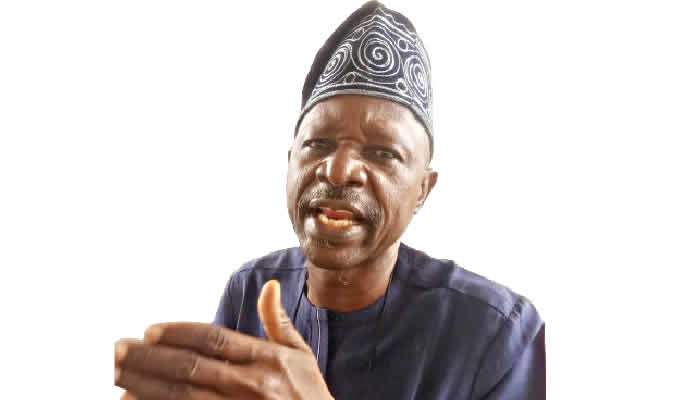As a skilled reporter for Media Talk Africa, I have conducted an exclusive interview with Rotimi Olatunji, the Vice-President of the Association of Communication Scholars and Professionals of Nigeria (ACSPN). The interview provides valuable insights into the challenges and prospects of journalism practice in Nigeria.
According to Olatunji, the ACSPN was established to bridge the gap between scholars and professionals in the communication and media industries in Nigeria. The association aims to promote the quality delivery of the constitutionally mandated role of the media to society by bringing together academics and professionals to work side by side.
On the assessment of communication and media graduates from Nigerian tertiary institutions, Olatunji noted that while there are ongoing debates about the quality of graduates, the curricula in these disciplines are expanding, and there are more opportunities for knowledge acquisition. However, he emphasized that many graduates may not exhibit the required knowledge and skills for success, leading to concerns about the quality of graduates.
To address the disconnect between the classroom and the newsroom, the ACSPN has several outreach programs, including the Empowerment Series, Historical Series, and Eminent Personalities series, which bring media professionals into the classroom to share their experiences with students. The association also offers mentorship programs for undergraduates in Communication and Media Studies.
Regarding cultural differences and their impact on professional communication practices in Nigeria, Olatunji emphasized the importance of cultural sensitivities and sensibilities. He noted that Nigeria is a multi-cultural, multi-ethnic, multi-religious, and multi-lingual society that communication and media must engage.
On the measurement of traditional media and new media for ethics and professional conduct, Olatunji highlighted the commitment to media law and ethics in traditional media, such as newspapers, radio, and television. However, he noted that the challenge lies with the new media ecology, where non-professionals operate without restrictions and appear to have thrown caution to the wind.
Regarding the standards of practice among journalists in Nigeria, Olatunji expressed concerns about the overreliance on technology in all aspects of media professional practices, which has led to a decline in creativity, talents, and acumen. He emphasized the need to humanize and tame digital media technologies to avoid the booby traps of technological determinism.
On the impact of AI on journalism practice in Nigeria, Olatunji noted that AI offers limitless opportunities for academic and professional excellence in journalism, but responsible and ethical usage is crucial. The ACSPN conference, themed “Digital Communication and Governance in Africa,” will feature keynote addresses and masterclasses on the responsible use of AI in journalism, communication, and media.
Overall, the interview provides valuable insights into the challenges and prospects of journalism practice in Nigeria, highlighting the importance of cultural sensitivities, ethical practices, and responsible use of technology in the industry.
